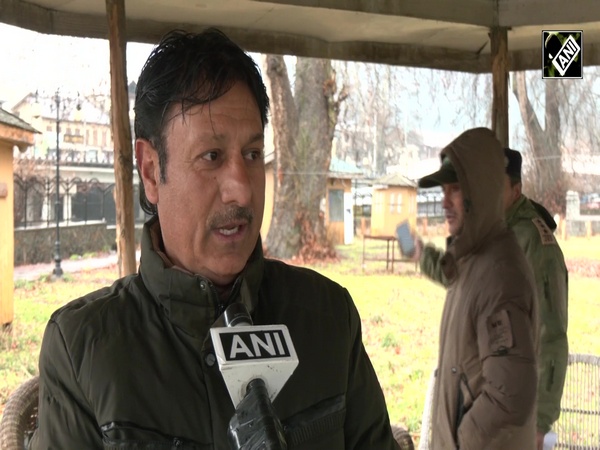Pakistan: Religious extremism on rise in Sindh, says report
Mar 07, 2022

Islamabad [Pakistan], March 7 : The sponsored Islamisation process and the call for Afghan Jihad have created an extremist environment based on the religious and sectarian divide in Sindh, local media reported.
To counter progressive politics, the power elite in Sindh tried to inject religion into Sindh's politics, the Sunday edition of The News International reported, adding that after decades of deadly conflicts in Sindh's capital Karachi, religious extremism is now penetrating into rural areas of the province.
Notably, apart from external factors like 9/11 and the subsequent Afghan War, the 2010 floods which sunk the entire right bank of Indus and left millions of internally displaced people (IDPs), proved to be a blessing for the religious organisations to spread religious extremism in Sindh, according to the media outlet.
Under the guise of rehabilitation and charity work, these religious organisations spread their radical message, built seminaries, constructed local support bases and recruited thousands of youths for their madrassas, the majority of who were sent to Afghanistan for 'jihad'.
Most of these youths returned back as radicalised individuals to Sindh and became local leaders of their religious organisations. This, in turn, created a sudden rise in seminaries in Sindh, that further promoted a religious and sectarian identity rather than tribe, language and culture.
Sindh has witnessed severe terrorist attacks since 2001 and the forced conversions of Hindu girls in northern Sindh has also raised concern in recent years. The incidents demonstrate the depth of violent extremism embedded in society in Sindh, according to the publication.
The recent rise of Tehreek-i-Labbaik Pakistan (TLP), a far-right religious organisation, in Sindh and the resurgence of Jamiat Ulama-i-Islam Fazl (JUI-F) in upper Sindh show how the political environment is bent towards religiopolitical parties in Sindh. However, this will further deteriorate the situation in the province.




















